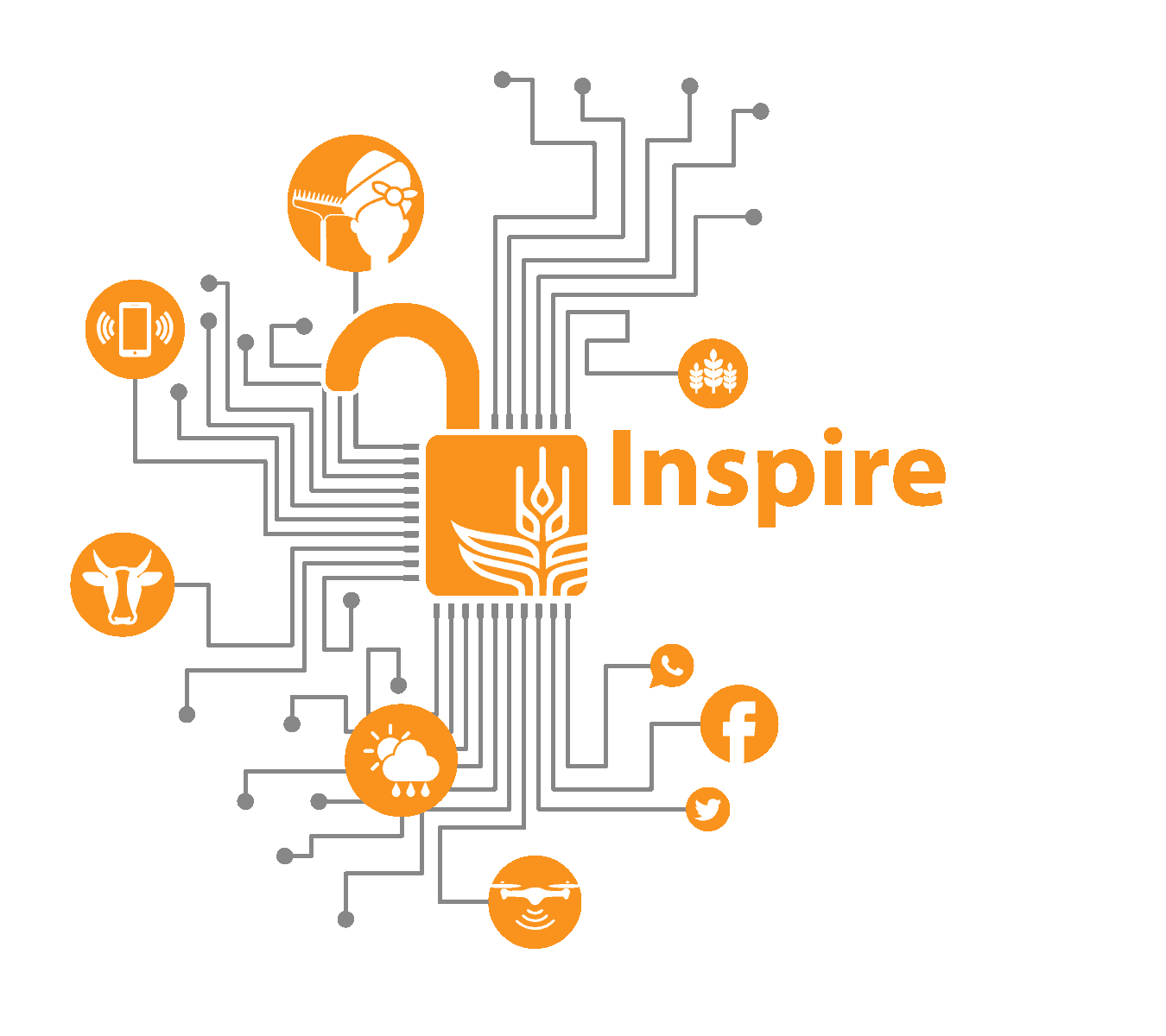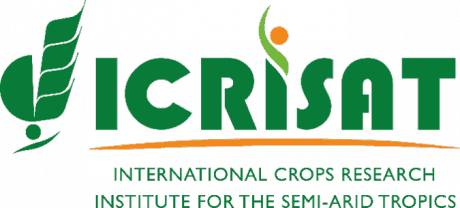2020 Finalist
Rapid Plant Disease Detection & Phenotyping
India

Most current disease detection & screening methods are based on visible symptoms and are manual and laborious. The screening of large numbers of breeding materials is also subjective, not always reproducible, can’t be carried out at large scale. The process involves many steps & different evaluation environments. In particular, phenotyping and quantification are often confusing and subject to human error.
Automated methods are however on the rise. For instance, optical techniques, such as RGB, multi & hyperspectral sensors are gaining attention in automated, objective, and reproducible detection systems for the identification and quantification of plant diseases. Non destructive, sensor-based methods support and build upon visual and/or molecular approaches to plant disease assessment. Evidence suggests that canopy based hyperspectral data provide useful information for discriminating between diseased/healthy plants for assessing disease severity due to the direct impact of pathogen development.
The project proposes to use hyperspectral imaging and AI for automated early stress detection. It aims to develop a proof of concept study for one disease (chickpea ascochyta blight disease), which can then be applied to other diseases.
The successful execution of this project has a strong potential for automated stress phenotyping on large scale. In particular, if a small selection of wavelengths is successfully identified thanks to AI, cheaper multi-spectral sensors can be manufactured and broadly deployed.
The Inspire Challenge is an initiative to challenge partners, universities, and others to use CGIAR data to create innovative pilot projects that will scale. We look for novel approaches that democratize data-driven insights to inform local, national, regional, and global policies and applications in agriculture and food security in real time; helping people–especially smallholder farmers and producers–to lead happier and healthier lives.
Partners






